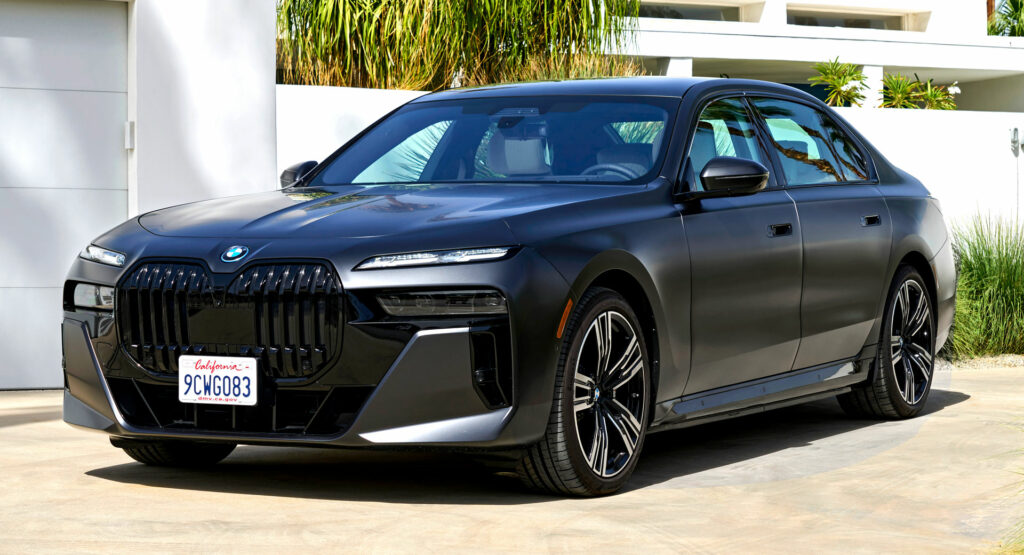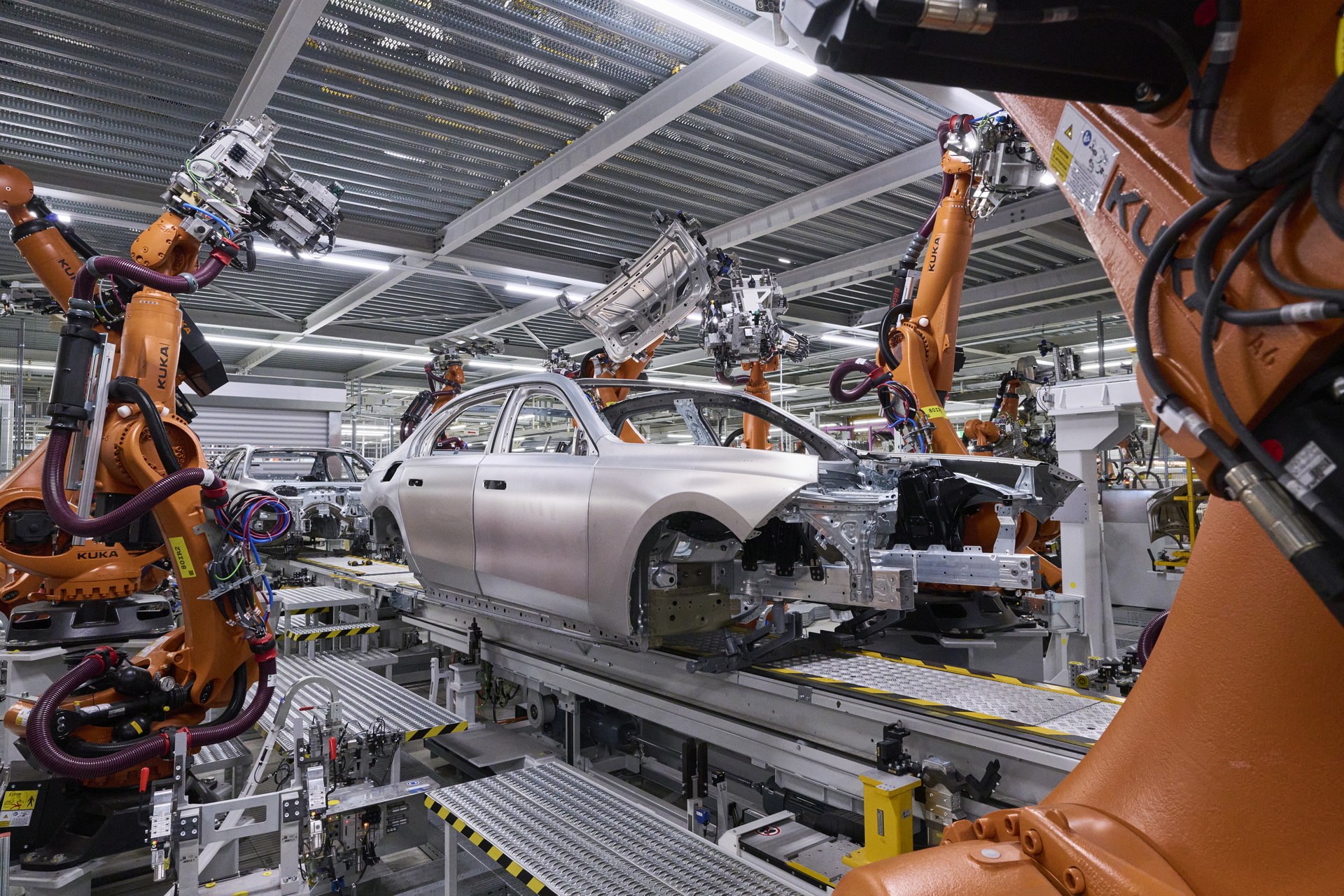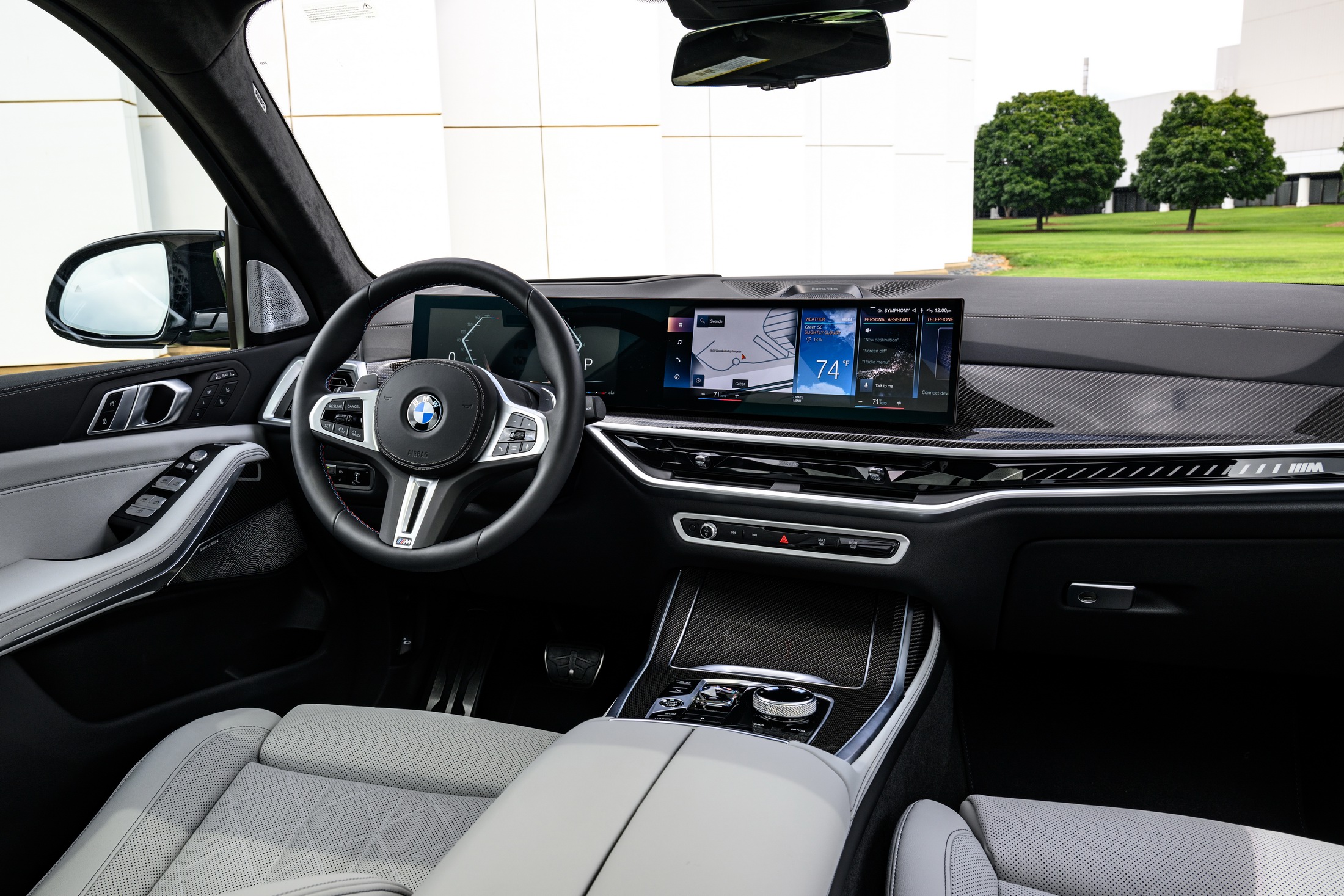Monika Dernai, the head of the sustainability team at BMW, said this week that one simple way of reducing waste and the impact of automobiles on the environment is simply to make them last longer.
“We really need to think about prolonging the life of cars; not having a used car market where you sell cars to each other, but maybe take a car and extend its lifespan,” said Dernai, per AutoExpress. “The idea could be that you could freshen up the interior.”
The question of how best reduce the automotive industry’s impact on the environment is a complex one, as countries look to phase out internal combustion vehicles in favor of newer, electric ones. But as is often pointed out, the production of electric vehicles is hard on the environment.
Read: BMW Wants To Save 440,000 Tons Of CO2 Per Year By 2030 With New Renewable Steel Deal
The truth, though, is that the production of all vehicles is hard on the environment. According to Volvo, for instance, steel accounts for an average of 33 percent of its vehicles’ carbon footprint and the global steel industry accounts for seven percent of all global greenhouse gas emissions.
The transportation sector, meanwhile, accounted for 27 percent of America’s greenhouse gases in 2020, according to the EPA. So, while it’s important to replace polluting internal combustion vehicles with electric vehicles that emit considerably less, it will also be important for those EVs to be long-lasting. And that may require new skills.
“We need new skill sets in the aftermarket and to design cars so that the seat can be removed, and a fresh seat can be moved in – then it’s a used car that looks like a new car,” said Dernai. “It can have the same owner, who then doesn’t buy a new car, but we still have a business model as BMW and the whole of society benefits from that.”
Dernai pointed to the importance of making the automotive industry greener because of the realities of how infrastructure is set up. While it may be ideal for people in large cities to use public transport, that doesn’t work for everyone.
“Can we actually just move everybody to public transport? I think the answer is no,” she said. “You’re worried about the public transport in the U.K., but if you look at the US it’s even more desolate. So I think there’s still a market for cars out there.”






